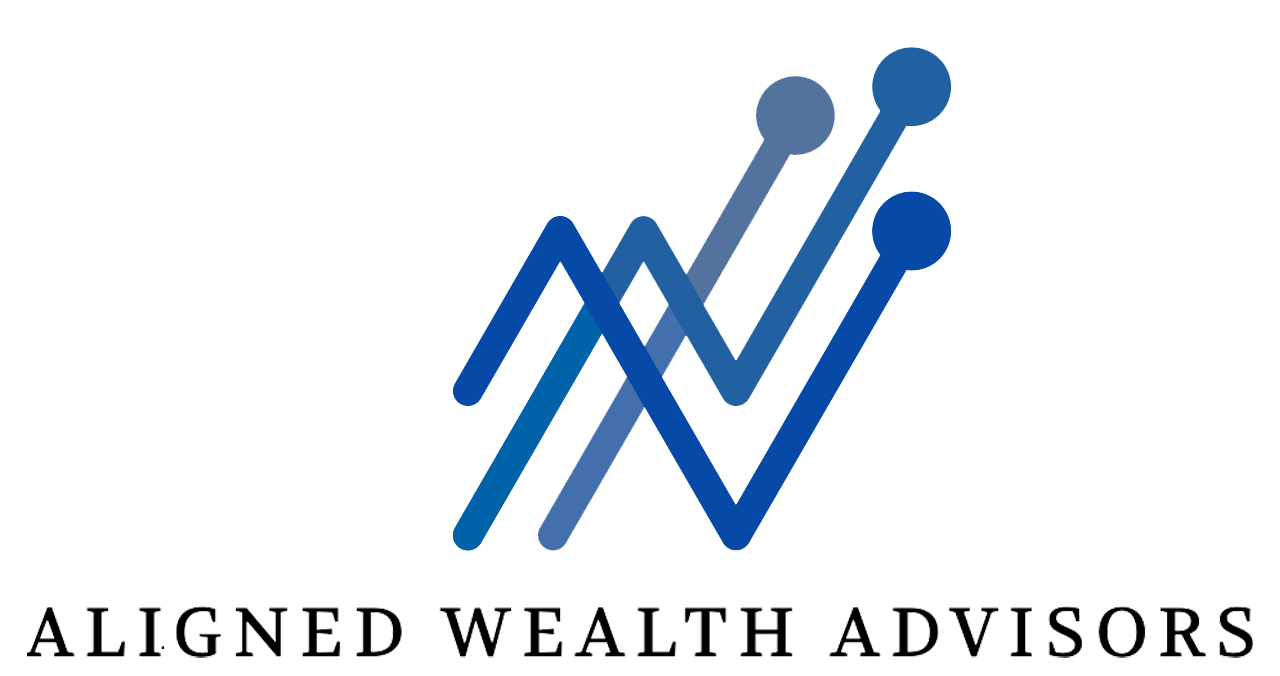Retirement Planning for High-Income Earners

When it comes to retirement planning, there are many advantages that high-income earners must consider. Having a high income means that you are likely to be able to save more for retirement. This provides you with an opportunity to have a robust retirement fund. Retirement planning allows you to have more control over your finances as you approach retirement.
This can help you ensure you are receiving the best returns on your investments. Planning for retirement in advance allows you to anticipate your expenses and budget your resources. This will ensure that your retirement savings will last throughout your retirement years.
Risks of Not Planning for Retirement
Not saving for your retirement can negatively impact your long-term financial security. Not planning for retirement can put you at risk of not adequately diversifying your retirement investments.
Failing to plan for retirement can lead to underestimating the expenses associated with retirement.
How to Plan for Retirement as a High-Income Earner
You should begin by determining your retirement goals and how much you will require to live comfortably in retirement. Consult with a financial adviser, who will be able to provide you with a more personalized financial plan suited to your needs. It is essential you invest in a variety of investments. Investments can increase your odds of achieving the desired returns and provide a hedge against potential losses.
Importance of Diversification in Retirement
Diversification provides a way against potential losses, diversifying investments can help you to preserve your capital and protect your retirement fund from market volatility. Diversify your investments to maximize your returns by investing in a variety of investments with different levels of risk.
Tax-Efficient Retirement Strategies
You should also consider utilizing tax-efficient retirement planning strategies for your retirement savings.
- You are able to take advantage of tax-deferred investments, such as 401(k)s and IRAs, to save for retirement
- Investments provide the opportunity to invest post-tax income and defer taxes until retirement
- You can also take advantage of Roth IRAs, which allow you to contribute after-tax dollars to an investment account that will grow tax-free over time
- Utilizing strategies such as charitable giving will reduce your taxable income each year
- Save in a variety of accounts, such as health savings accounts, to reduce your tax burden in retirement
You can ensure that you will have enough savings to maintain your retirement. Planning for retirement early you can invest prudently and take advantage of potential gains.
If you are looking for a way to plan your retirement. Call us on (817) 238-1360 or EMAIL to book an appointment today.
Recent Blog Posts

Aligned Wealth Advisors is a wealth management firm located in Fort Worth TX. With 30 years of experience, we handle financial planning, investment advisory, legacy planning, and estate planning services. For virtual or in-person services, call our office today!
CONTACT INFORMATION
PHONE
EMAIL ADDRESS
ADDRESS
5740 Boat Club Rd. Suite 101
Fort Worth, TX 76179
Operating Hours:
Monday - Friday 9AM -5PM
STAY CONNECTED
Would you like to signup to our email newsletter?
Contact Us
We will get back to you as soon as possible
Please try again later
All Rights Reserved | Aligned Wealth Advisors Powered by CPA Marketing Genius



